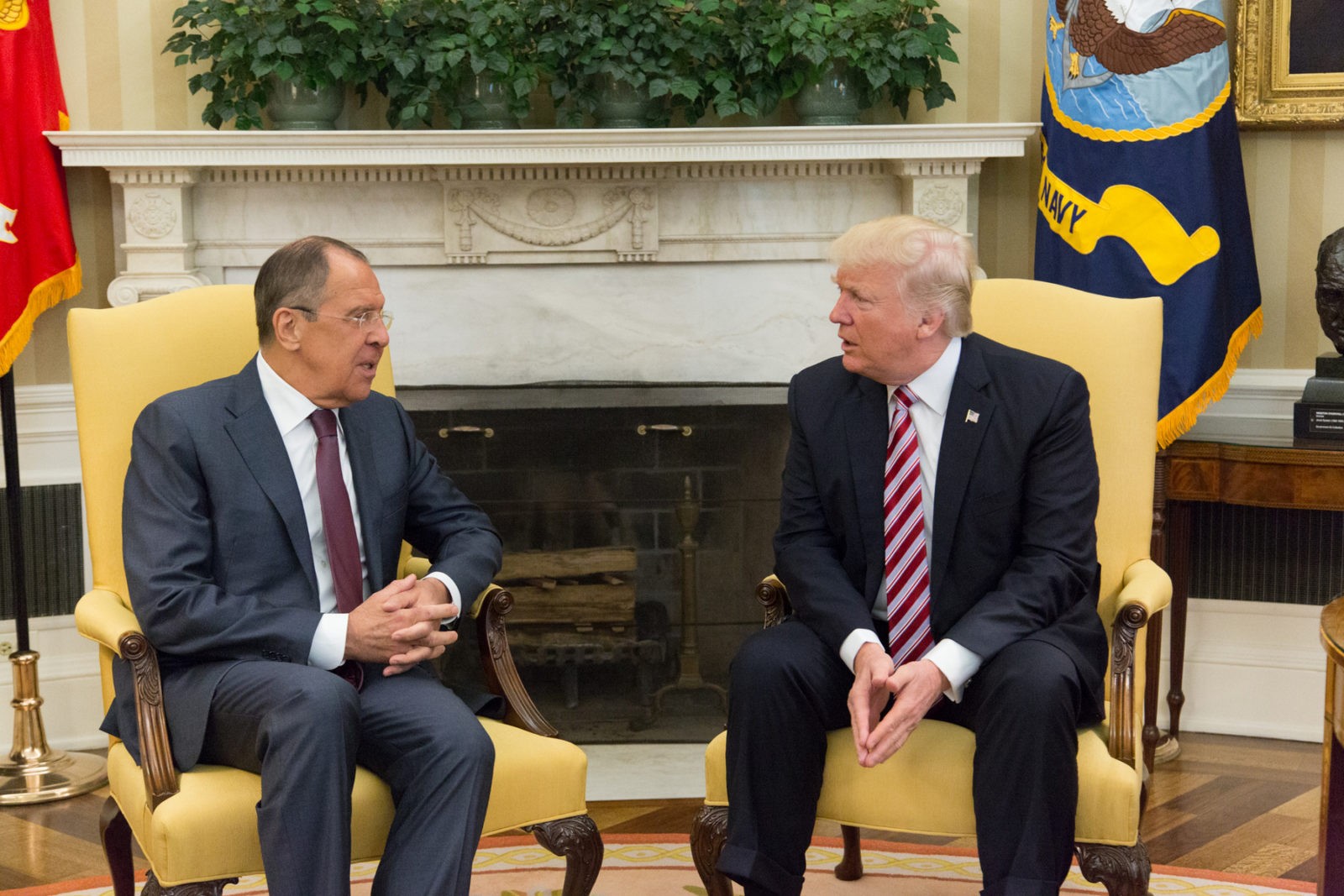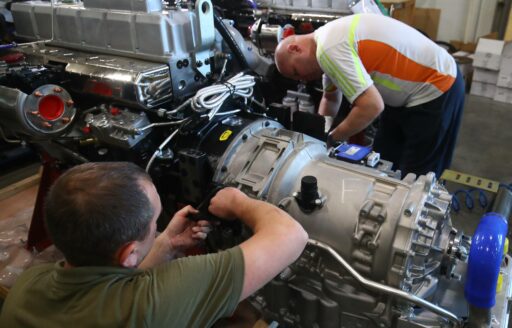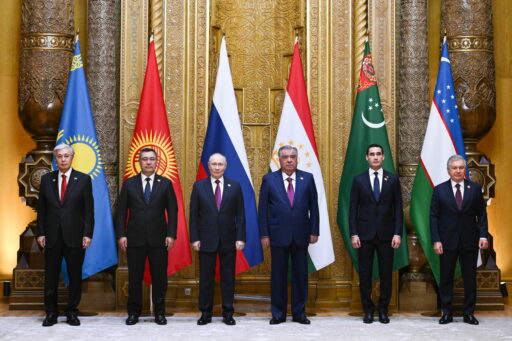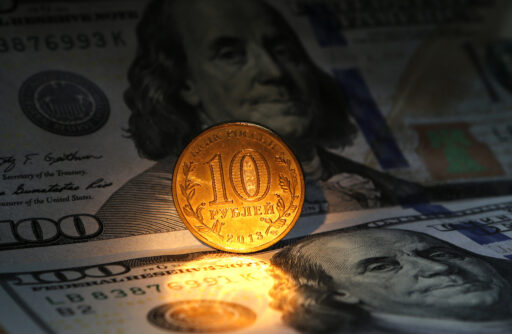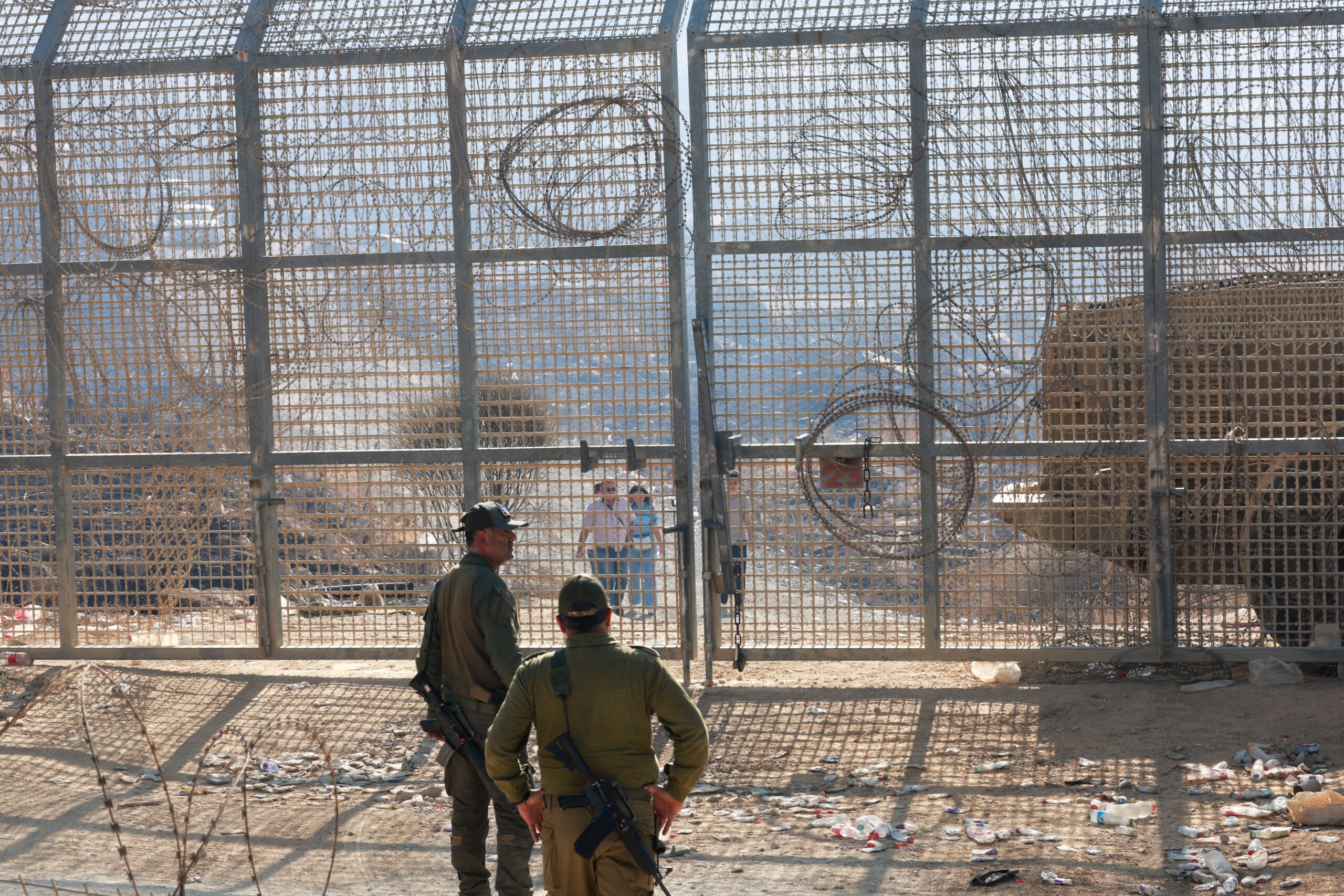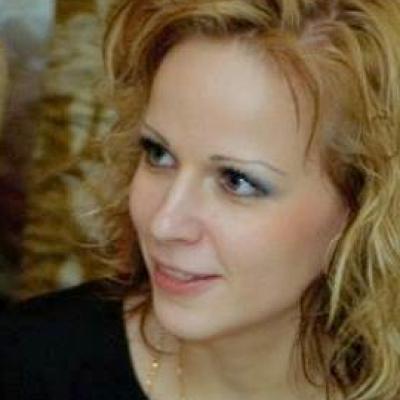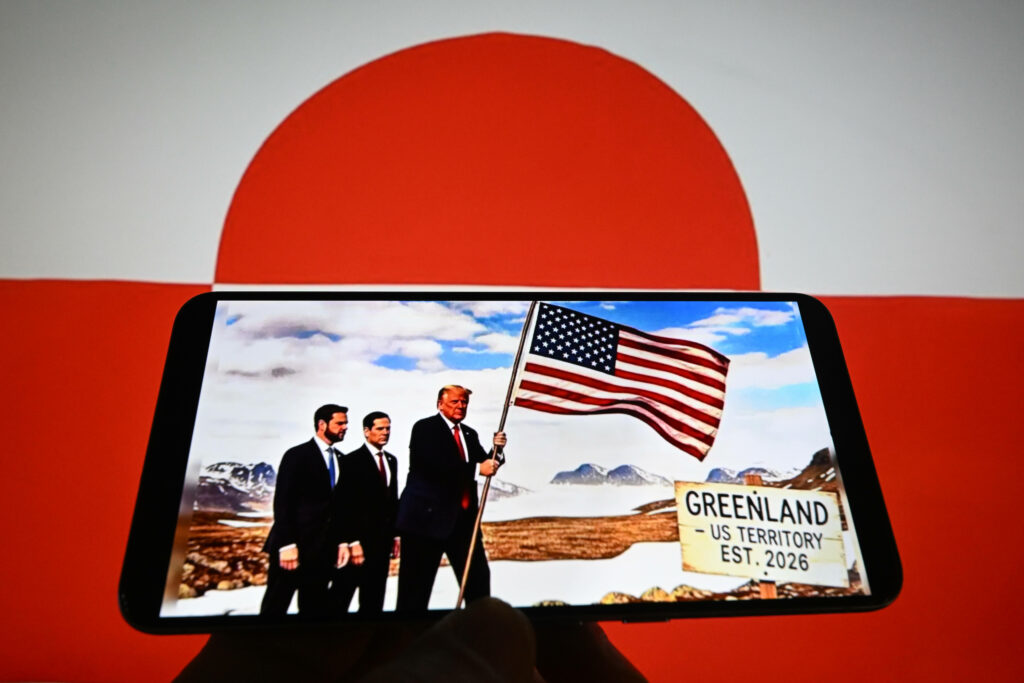A summit between Russian President Vladimir Putin and US President Donald Trump is to be held in Helsinki on July 16th. Expectations are at a low ebb, and kept there by a notable lack of preparation on important international issues, namely Ukraine and Syria. The absence of progress here also bears out in the lack of a reshuffle in Russia’s foreign policy staff. Despite rumours, Vladimir Putin has made no moves to change his top brass at the Ministry of Foreign Affairs (MFA). His presidential aide responsible for international affairs remains Yury Ushakov, and his personal adviser on CIS countries, South Ossetia, Abkhazia and Ukraine remains Vladislav Surkov.
What does a lack of a reshuffle tell us? One of the reasons why dismissals of top personnel have not followed Putin’s re-election is the lack of a succession scenario. Putin is not finding it difficult to decide who to lay off. But deciding who to nominate is much harder. Filling any vacated seat within the existing puzzle is a complicated refitting of existing alliances. As a rule, each individual dismissal triggers several other reshuffles. Putin would rather introduce a set of decisions, as happened in 2016 for example, when the leadership of the uniformed services was changed. Changes in the presidential administration followed. Even in such cases, the dismissal of just one or two individuals triggers a further personnel reshuffle. For example, in the spring of 2016, one was triggered by the dismissal of the head of the Federal Guard Service (FSO) Yevgeny Murov, and a number of siloviki disputes and layoffs followed. The subsequent wave of reshuffles was related to the dismissal of the chief of staff of the presidential administration, Sergey Ivanov, which triggered a domino effect that affected not only the presidential administration but also governors and presidential envoys.
This means Putin is not inclined to take decisive actions in the absence of pressing circumstances, despite there being sufficient grounds to do so. Should circumstances become ripe for decisive measures, Putin will solve the personnel puzzle boldly and comprehensively. This is not the dominant view of Putin, who most see as wary of changes and a man who opts for a permanent milieu. That has no longer been the case since 2016.
As of today, there are sufficient grounds for fresh faces in Russia’s foreign policy staff. However, there are no pressing circumstances to force those changes, especially when it comes to the presidential administration. Putin has simply postponed the decision.
Nevertheless, a reshuffle is looming (at least in the medium-term). Foreign Minister Sergey Lavrov — a “diplomatic cornerstone” and an absolute role model in the eyes of Putin — is one of those staffers whose dismissal has often been predicted. Although Lavrov is still in demand, he seems to be a relic of the past due to fatigue and age.
Many observers believe that Lavrov is still in place due to the lack of a substitute. However, Putin does have a wide substitute bench of those who could take over the MFA. The crux of the matter is, in fact, that it would be best to replace the head of the diplomatic service in a context of positive geopolitical dynamics. Changes in today’s context would send the wrong message.
The same goes for personnel decisions that are being delayed in similar fashion. Yuri Ushakov declared his readiness to leave after the last election, but despite his old age, remains in his post. Vladislav Surkov is clinging to his post in the face of rumours that his removal is a foregone conclusion.
There were two key reasons in favour of Surkov’s dismissal. The first has to do with management and strategic understanding of the Ukraine crisis and the ‘Donbas project.’ Apart from other tasks, the FSB’s fifth service — i.e. its intelligence and international relations service — deals with Ukraine. Colonel-General Sergey Beseda has been heading this service since 2009. He is one of the most influential leaders in charge of foreign policy at the FSB. He represented the special services in Ukraine in the days of the 2014 revolution trying to ensure the security of the Russian embassy and establish rapport with the Ukrainian secret services. In the autumn of last year, Beseda officially supported Leonid Pasyechnik, the Minister of State Security of the self-proclaimed Luhansk People’s Republic, who conducted a coup and ousted Igor Plotnitsky. Plotnitsky had closely followed Surkov’s instructions on the ground, although the latter had different plans as regards developments in the separatist republic. Besides, the siloviki have traditionally had little trust in spin doctors like Surkov, who are often suspected of showing excessive admiration of the West.
Secondly, Surkov’s position is undermined by a lack of visible progress on implementing the Minsk ceasefire agreements, as well as by the stalling of Russian–American dialogue with Kurt Volker. In addition, Russia’s uniformed services are not interested in compromises with the West and would rather opt for radical solutions (such as awaiting Ukraine’s collapse and a degradation of the unity of the West). That stubborn and radical standpoint complicates Surkov’s work.
So why the delay? In short, there’s a backlog of postponed decisions, and a wish to sit tight and wait for the geopolitical weather to change. A breakthrough in the geopolitical situation would give Putin the chance he needs for restructuring. That window could open unexpectedly: Trump’s volatility may bring surprising new developmetns, that Putin will do his best to spin as positive, and open the door to needed staff reshuffles.
